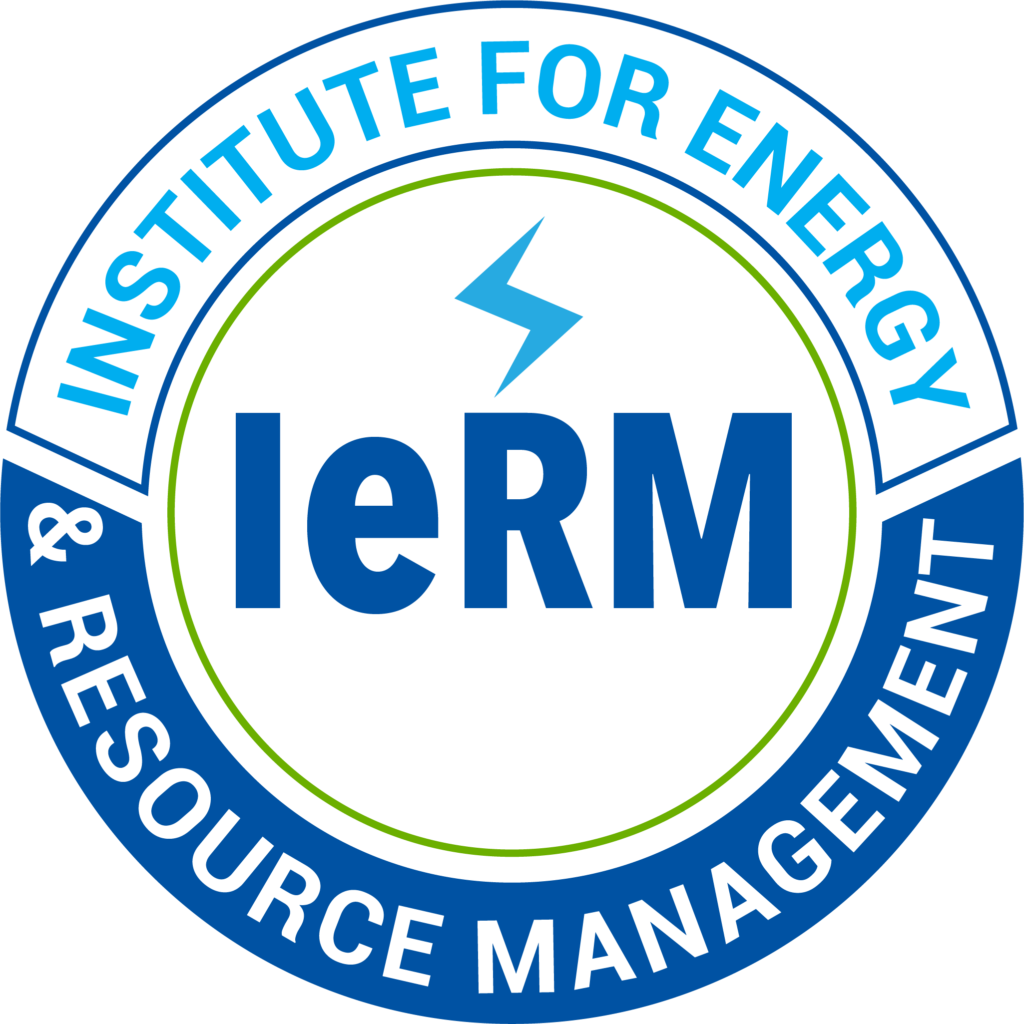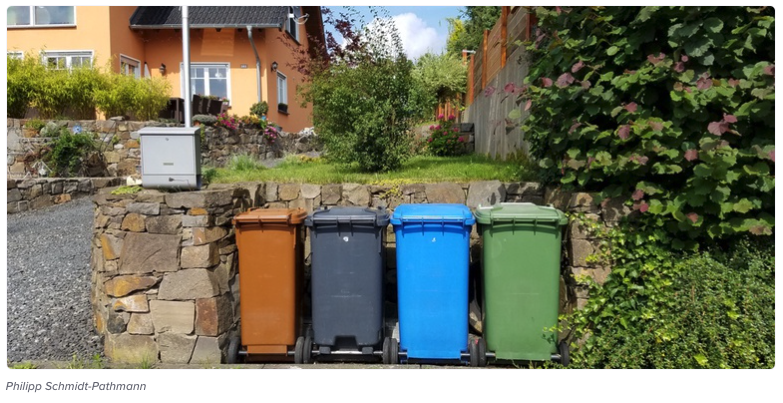By Philipp Schmidt-Pathmann
Last week, Waste Dive interviewed Waste Connections CEO Ron Mittelstaedt on a wide range of topics. The economics of recycling as they relate to landfills were among them.
In response to a question about what it would take to change this equation in the U.S., Mittelstaedt used Germany as an example. He said while people often point to the country’s high diversion rate, it comes with an estimated $250-300 per ton tip fee for WTE facilities that comes out of the the tax base. Mittelstaedt expressed skepticism that U.S. residents would be willing to bear such a cost.
Waste Dive heard a range of feedback on the interview and has decided to share one of the responses below. We welcome any feedback about this or other stories at waste.dive.editors@industrydive.com, and are open to publishing similar letters in the future.
Dear Editor,
There are some major concerns regarding the recent article and interview with Waste Connections CEO Ron Mittelstaedt. For some time we have observed statements made about German and other European waste management systems. The recent comments made are another example. They are not only false and misleading, but beg the question of why he would make such statements.
The tone of his statement regarding Germany suggests that Mr. Mittelstaedt is either unfamiliar with the differences in technology that have taken place since the 1970s when one could speak of incineration or, for his and his industry’s own gain, is purposely painting a false picture of the technologies used.
Since the incineration days of the 1970s, technology has changed significantly, allowing for 10 times more energy recovery than from landfills (even with landfill gas) as well as noticeable reduced emissions, such as methane/CO2 equivalents, when compared to landfills even with elaborate horizontal and or vertical gas collection systems in place.
Overall, the flue gas treatment system is extensive and there is no environmentally better way to date to treat the toxic organic content contained in waste.
In addition, compared to landfills, modern technology utilized in Germany, the E.U. and across the globe (including the U.S.) allows for valuable materials such as metals and glass to be recovered. Aggregate of high environmental quality to replace concrete or gravel is also produced.
The gate fee of waste incineration plants in Germany is generally well under €100 ($117 USD) depending on the market!
Citizens pay no gate fee, but waste fees — these are not taxes — the average per person per year is less than €80 ($93 USD) depending on regions. However, these fees include the separate collection and disposal of biowaste, paper, residual waste, bulky waste and toxic waste. The majority of this waste is recycled into material or energy.
Since 2005, no untreated waste has been deposited in landfills in Germany, not because of the lack of space, but because of the recognition that the environmental and economic risks posed by any landfill are too high. In addition, too many valuable resources are lost in landfills. At the time, Federal Environment Minister Jürgen Trittin described it as “an end to the practice which created innumerable contaminated sites for future generations — that of burying waste in landfills and forgetting it.”
Therefore, there is no landfill tax in Germany. Some countries in the E.U. have implemented a tax in order to lessen the incentive to dump in landfills in order to comply with the waste management hierarchy that has proven for landfills — including with gas recovery systems — to be unsustainable (economically and environmentally) and instead refocus on avoidance, recycling and recovery of materials and energy.
The vast majority of waste will be paid financially by waste producers according to the well-established polluter-pays principle, both for household waste and for commercial and industrial waste. In each case, cost-covering fees are set. That has nothing to do with taxes.
One should not be surprised if representatives of the U.S. landfill industry tell these misleading stories about the situation in Europe. After all, they have so far made their money in the U.S. by sending cheap and untreated waste to landfills which presumably cause environmental hazards. Without a full-cost accounting system, landfills in the U.S. aren’t factoring in these future expenses. Those costs will continue to add up over decades as long we continue on this course.
In addition, low quality recyclables from their single bin “recycling” system have proven to be unsuitable for recycling in other countries like China. Thankfully, this is coming to an end now.
Philipp Schmidt-Pathmann, MBA, MIS is a waste management consultant and strategist based in Washington. He and his team of international experts focus on integrated sustainable waste management systems ranging from “zero waste,” recycling, organics, thermal treatment technologies, landfilling, sewage, material and resource management, environmental and economic impacts to ocean cleanup. As part of their work they have studied and analyzed the U.S. waste management system for more than two decades.
To read the article in published in Waste Dive click here.





